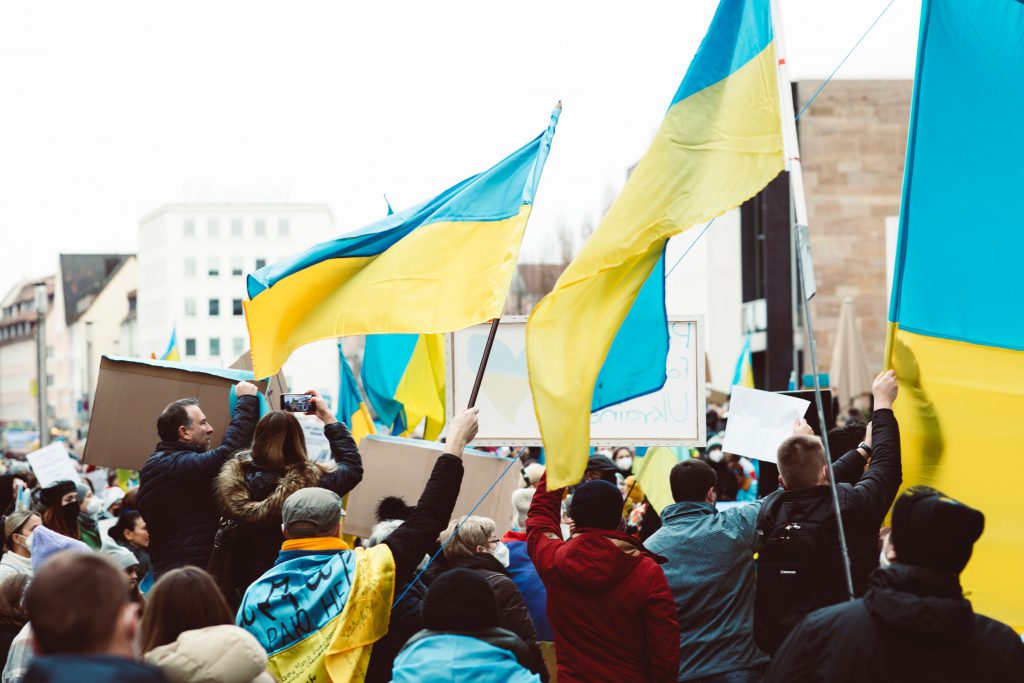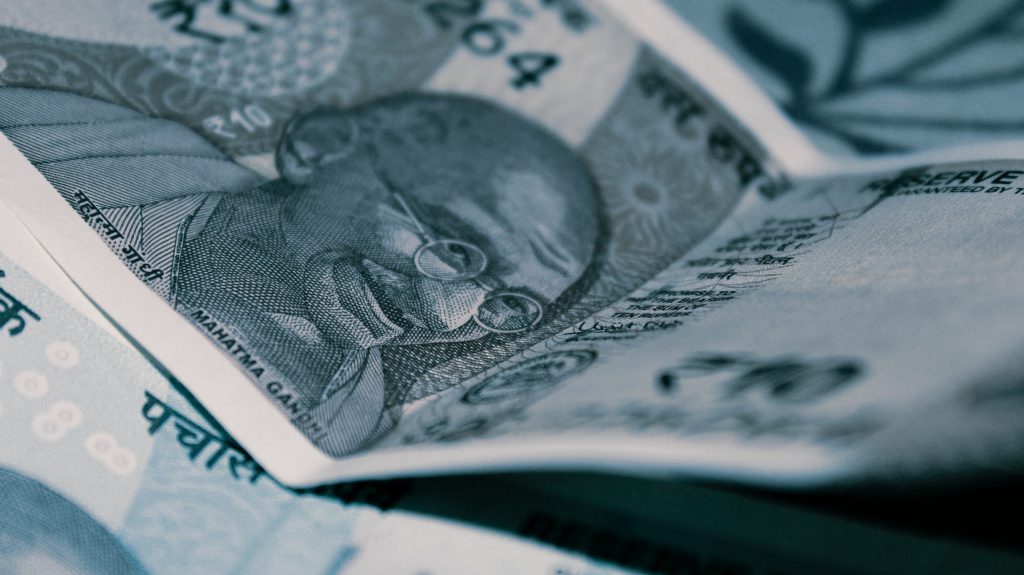The war between Russia and Ukraine is very tragic, not only for Russia, but also for Ukraine and the whole world. The war had its effect on the economy of Germany and also the European economic area. This is a second major shock following the coronavirus pandemic. In this article, we will walk you through the effect of the ongoing war on the economy of Russia.
Russia is likely to be the biggest economic loser from the conflict. Reports show that the confrontation and tension between the two countries have been present since 2014. Now this tension seems to have reached a point of no return. An easing of the situation will require one of the two countries to give in and come to terms with an agreement in negotiations.
The financial market will be one of the hardest hit, if not the hardest, but the ongoing crisis. It has responded quickly, with sharp falls, to the news of the Russian invasion. The price of oil increased to over $100 per barrel. Natural gas prices rose by close to 70% in Europe. Europe is highly dependent on Russian gas, however, If energy prices keep rising, it will have a negative effect on the economy of Russia.
Effect of The Ongoing War on the Economy

Now Let’s take a look at the effect of the ongoing war on the economy of Russia
In response to Russia’s brutal war in Ukraine, the European Union, the United States and so many other countries have imposed extensive economic sanctions on Russia. The sanction was imposed to restrict its financial and technological capabilities for warfare.
Loss of imports on Russia’s technology sector
The countless restrictions imposed on exports to Russia focus on high technology goods. This intends to weaken the production capacity of Russia’s military industry. Russia has stopped publicizing international trade statistics but the Russian imports are estimated to have diminished substantially due to the war and sanctions.
Russia depended greatly on imported high technology goods and inputs before the war, despite years of working towards substituting imports with domestic production. In recent years, imports of many technology products have fallen particularly sharply. The Russian production structure remains dominated by mining and low tech industries that are resource intensive. This appears to be how it has been for decades.
Russia imports from many non sanctioning countries have also reduced. It appears that so far these countries have not provided Russia with replacement for most technology goods in any substantial volume. Russia’s prospects for import replacement of technological products have become even more limited. In recent months Russia’s imports from Turkey and China have surpassed the level it was before the war. Despite this, the share of technology products has remained the same.
Russia’s long term growth potential eroded
Russia’s GDP for this year ameliorated from last spring, the prediction for year 2023 deteriorated. Russia faces a prolonged and painful recession, as opposed to a sudden fall. Recent forecasts expect a 7-8% decline in Russian GDP in 2022-2023. This expected decline is similar to those seen in Russia’s major economic crisis in 1998 and 2008 respectively. Before the war, in the Russian economy, most estimates were about 1.5% every year. This way, the potential growth already looks rather subdued.
The difference in those past years is that the Russian economy bounced back swiftly after those earlier crises. However this time, Russia’s current outlook is dim for years to come. Russia’s long term growth is restricted by a lot of factors. For example, unfavorable demographic trends, low levels of productivity and low investment rates. Russia’s demographic structure is now further darkened by mobilization, casualties and emigration caused by the ongoing war.

Financial flows to Russia
Russia’s financial sector has been barred by sanctions and war. There is difficulty in international payment transactions. Access to international financing is restricted and a large part of the Russian currency reserves are frozen. In the early days of the invasion, the central bank of Russia was compelled to fall back on heavy restrictions on capital flows. This was to support the ruble exchange rate and prevent a financial crisis.
The sanction prevented payment to international creditors. As a result, in June 2022, the government of Russia defaulted on external debt for the first time in so many decades. Hundreds of foreign companies have decided to leave Russia, although Russia officials have succeeded in complicating the exit process. Available data propose that Russia has not been able to locate significant new sources of foreign finance. This has been identified as the most devastating outcomes of sanctions for the Russian economy.
We hope your questions were fully cleared out through this article. We were able to cover how the transition period mitigates the harm to sanctioning countries and global markets and also blunt the effect of the ongoing war on the economy of Russia. You can read about the Future of the Russian Economy and What to Expect from This Growing Market.


